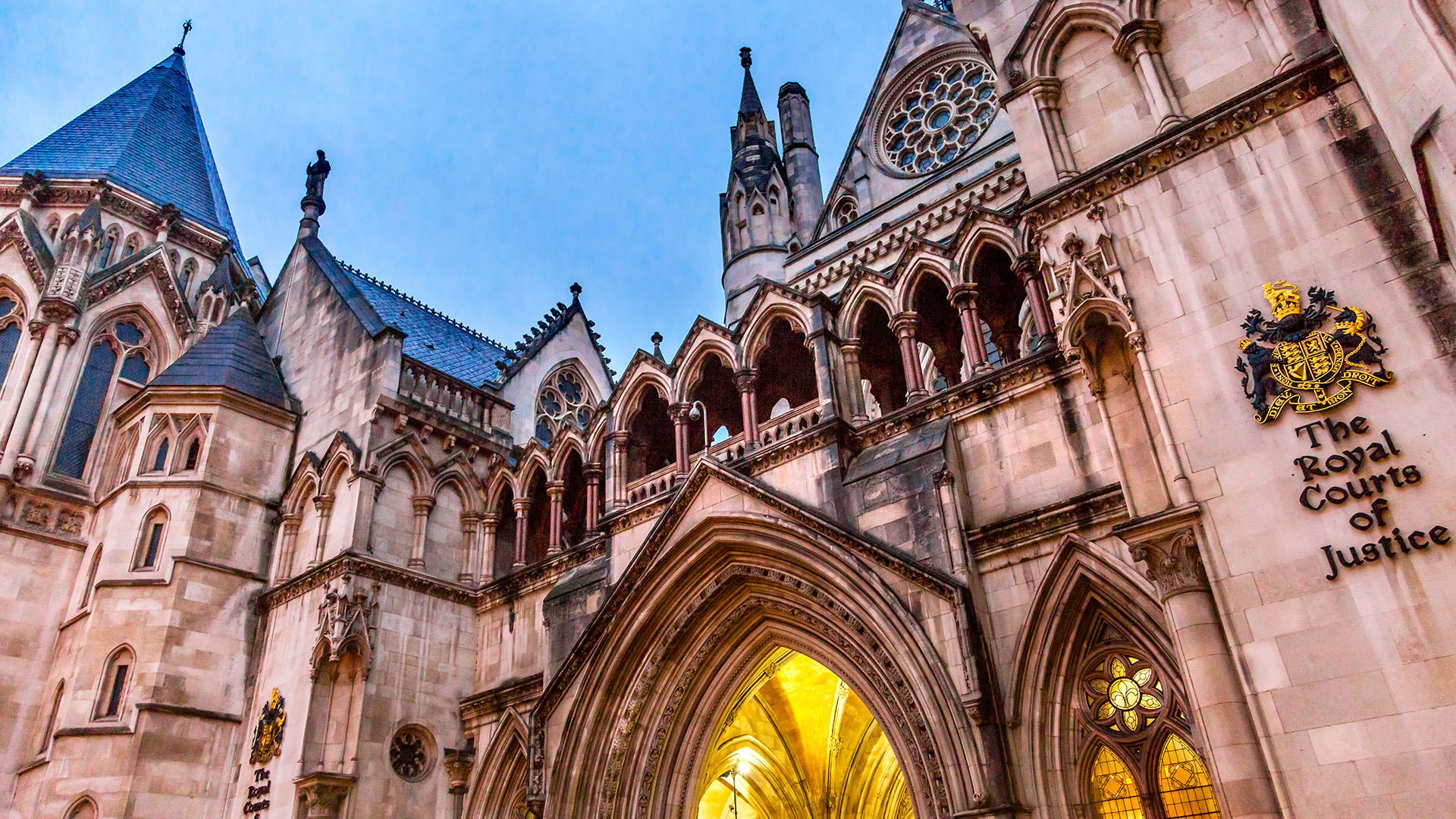We have today (20 July 2022) welcomed the announcement by Justice Secretary Dominic Raab that courts will be given powers to dismiss legal actions that threaten freedom of speech. This follows lobbying by the SoA as part of the UK Anti-SLAPP Coalition.
There has been a sharp rise in the number of strategic lawsuits against public participation (SLAAPs) over the past few years, seeing writers and journalists including Catherine Belton, Tom Burgis and Carole Cadwalladr being targeted by wealthy individuals and organisations with claims of defamation in attempts to silence their work.
While 14 cases went to court in 2021 (compared with only two in 2020), it is believed that the actual number of writers affected is far higher, with many retracting stories in the face of a barrage of legal letters knowing they do not have the resources to fight an organisation or rich individual in court, and many more who self-censor their work because of fears of lawsuits — especially in light of publishers’ indemnity clauses which make authors responsible to pay for any legal actions, whatever the merits or lack of them.
Three-part test
Under the Government’s proposed reforms — to be scheduled for legislation ‘at the earliest opportunity’ — courts will apply a three-part test to determine whether a case should be dismissed, asking:
- Has the case been brought against activity that is in the public interest?
- Is there evidence of abuse of process?
- Does the case have a realistic prospect of success?
Writers, journalists and publications will be able to apply to the court to adopt this test to consider an early dismissal.
Ministers hope that these measures, along with a costs protection scheme, will ‘level the playing field between wealthy claimants with deep pockets and defendants’.
Commenting on the announcement, SoA Chief Executive Nicola Solomon said, ‘These new powers will become a crucial tool for courts in ensuring that freedom of speech cannot be so easily overridden simply because an individual or organisation has money. The rise in these cases is an abuse of our legal systems and has already stifled articles and books that are clearly in the public interest. It is essential now that the Government expedites these reforms. We also call on publishers to cover authors on their insurance policies as a matter of course and to limit indemnity clauses to proven claims only, accepting responsibility for defending defamation claims
Further reading:
- English courts get new powers to dismiss Slapp cases against reporters | The Guardian – 20 July 2022
- Courts to get power to curb Slapps legal actions that threaten free speech | The Times – 20 July 2022
- Where we stand on freedom of expression






